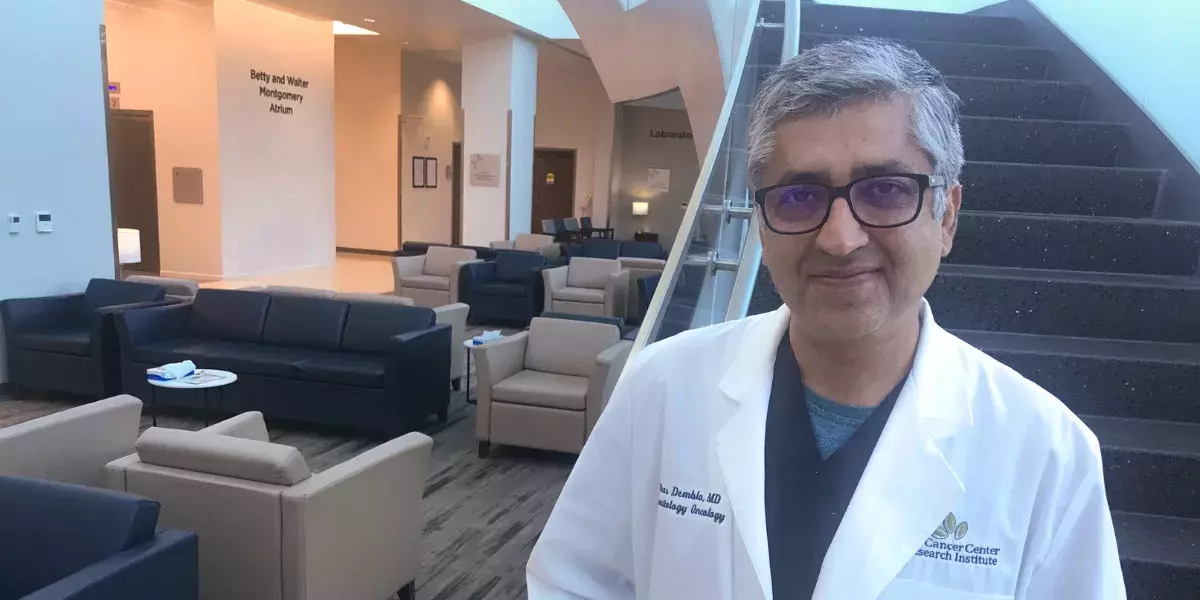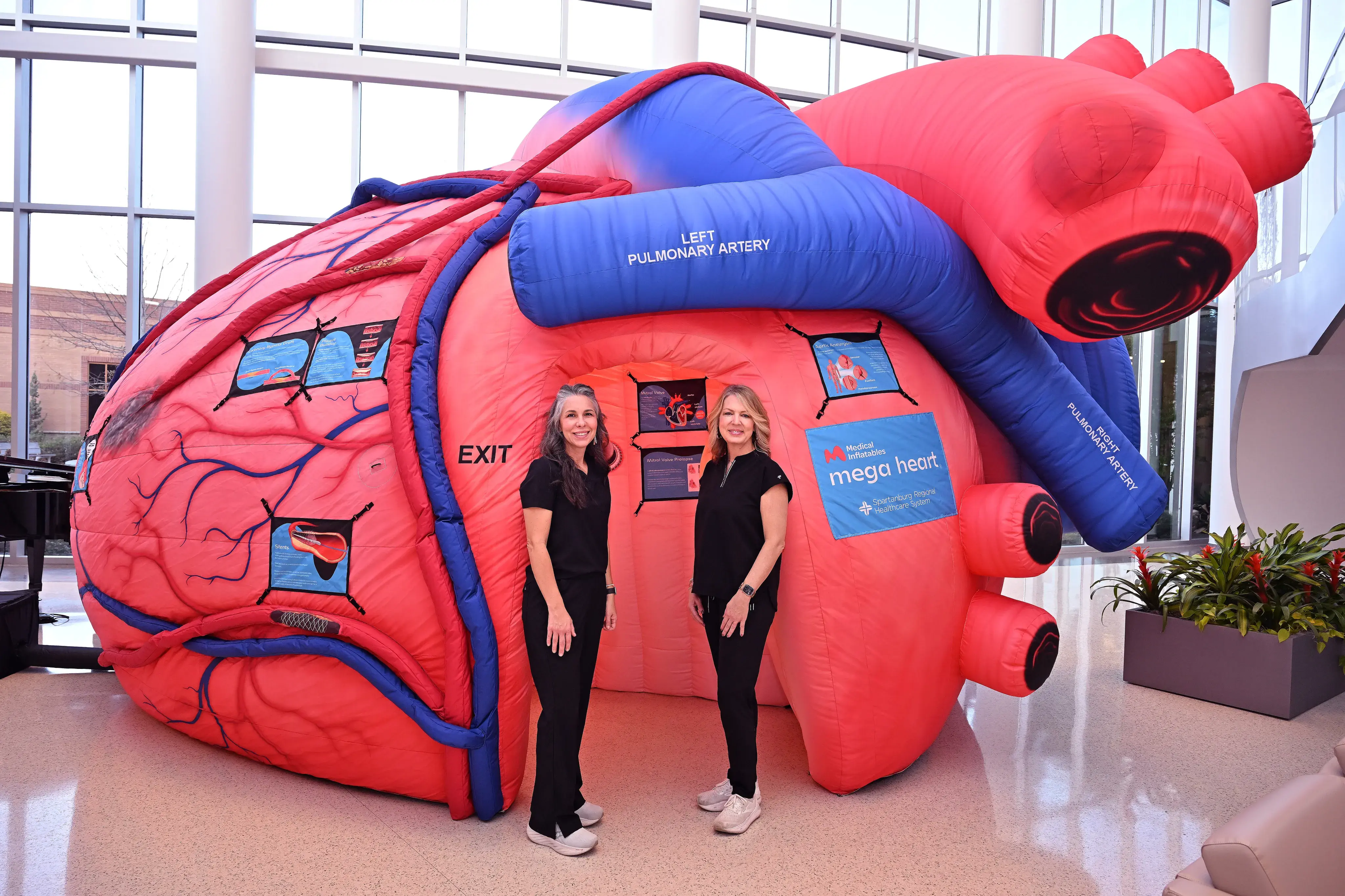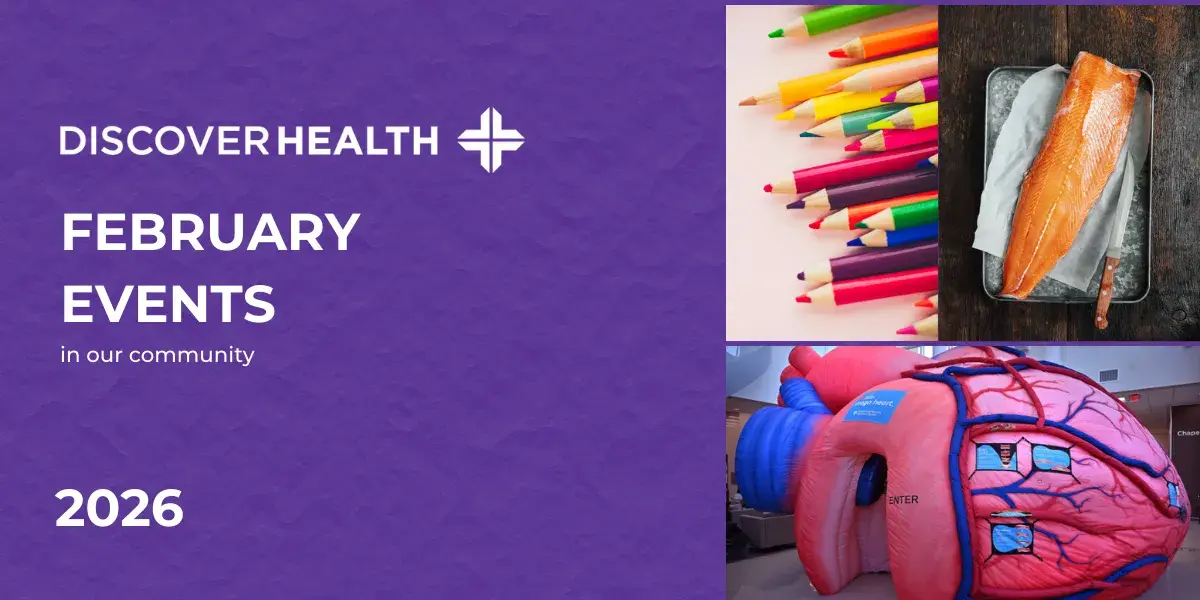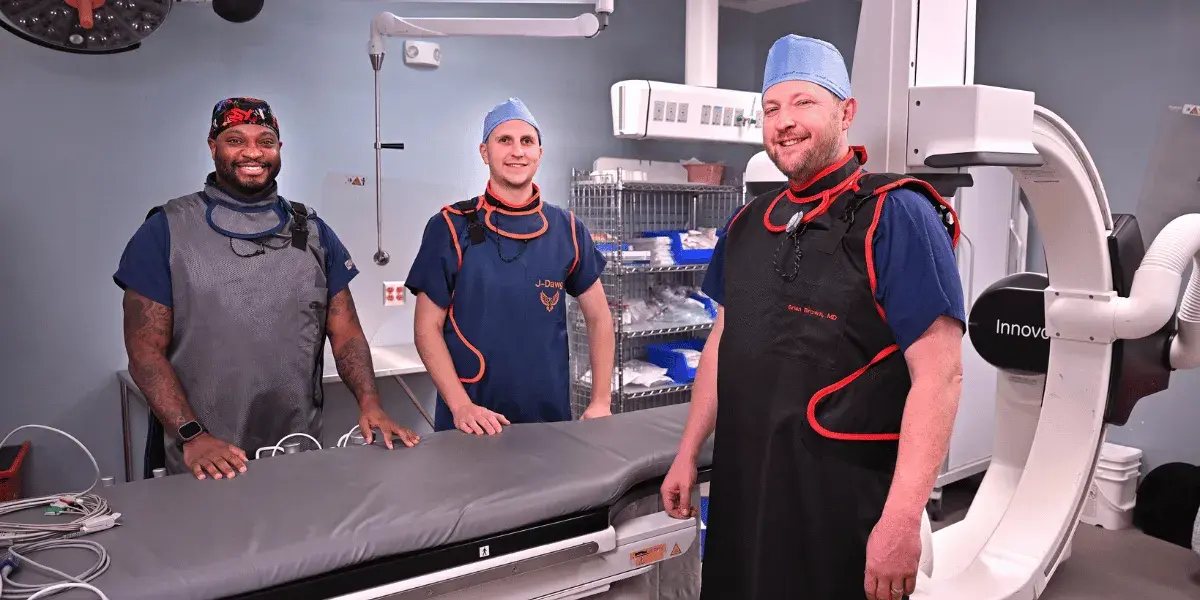
Pancreatic cancer is a ‘silent killer’
With no screening available, healthy lifestyle choices and knowing your family history are some of the best ways to combat pancreatic cancer.
In 2023, about 64,000 people were diagnosed with pancreatic cancer in the U.S. and more than 50,000 people died of the disease, according to the American Cancer Society.
Pancreatic cancer accounts for about 3% of all cancers in the U.S. and about 7% of all cancer deaths.
Dr. Vikas Dembla, a medical oncologist at Gibbs Cancer Center, said that pancreatic cancer is rare compared to other cancers but because it is harder to detect, it has one of the lowest survival rates of any kind of cancer.
“Pancreatic cancer is a silent killer. It usually only presents itself when in the very late stages,” Dr. Dembla said. “This cancer has really evaded all the good work that researchers have done over the last 30 to 40 years.”
Many symptoms of pancreatic cancer like abdominal pain, fever, upset stomach and vomiting mimic symptoms of common illnesses like gastritis and acid reflux.
“Then by the time it gets to more obvious side effects like jaundice and unintentional weight loss, it’s usually very late and has spread by that time,” Dr. Dembla said.
Dr. Dembla recommends seeing a primary care doctor and requesting imaging of your abdomen such as ultrasound or CT scan, if such symptoms persist after first trying traditional treatments for pain relief.
“Every abdominal pain cannot be pancreatic cancer, so the key thing is to pay attention to see if one problem goes away but you continue to have other problems,” Dr. Dembla said. “Let’s say belly pain goes away but you continue to lose weight, don’t ignore that.”
The pancreas is an organ deep in the abdomen that is roughly six inches long and lies behind the stomach and the liver. This organ’s function is two-fold: to secrete insulin to help the body’s sugar levels and secrete enzymes to help the body break down foods.
Despite the lethal nature of pancreatic cancer, focusing on a healthy lifestyle can help lower one’s chances of getting the disease, Dr. Dembla said.
Smoking, daily alcohol consumption and eating foods high in saturated fats are all known contributors to increasing one’s chances of developing pancreatic cancer. Those with diabetes also are at a higher risk of pancreatic cancer.
“The best thing you can do is modify your lifestyle,” Dr. Dembla said.
If diagnosed, it is important for patients and families to know that there is a multi-disciplinary team meeting regularly to discuss individual patients and best paths forward for treatment, Dr. Dembla said. Meeting attendees include radiation oncologists, surgical oncologists, radiologists, medical oncologists, patient navigators, dietitians and others who all meet to discuss best outcomes and next steps.
If you are facing a cancer diagnosis and would like a second opinion, call 855-DNA-GIBBS.












